Researchers in China have made a groundbreaking discovery with the development of AI-Newton, a system capable of autonomously discovering key physics principles after being fed experimental data. The team, led by physicist Yan-Qing Ma at Peking University in Beijing, has successfully taught an artificial intelligence model to derive basic laws of physics, including Newton's second law, which describes the effect of force and mass on acceleration.
According to Ma, AI-Newton uses an approach called symbolic regression, where the model hunts for the best mathematical equation to represent the underlying physics. This allows the system to incrementally build a knowledge base of concepts and laws, mimicking the human scientific process. "Being able to identify useful concepts means that the system can potentially discover scientific insights without human pre-programming," Ma explained.
The data used to train AI-Newton consisted of experimental results from physics experiments involving systems that utilize pendulum-like motion. By analyzing this data, the AI model was able to identify patterns and relationships that led to the derivation of fundamental physics principles. Keyon Vafa, a computer scientist at Harvard University in Cambridge, Massachusetts, noted that AI-Newton's use of symbolic regression is a significant advancement in the field of artificial intelligence.
The implications of AI-Newton's capabilities are far-reaching and have the potential to revolutionize the way scientists approach complex problems. "This technology could enable researchers to automate the discovery of new scientific laws and principles, freeing up human scientists to focus on higher-level thinking and interpretation," said Vafa.
The development of AI-Newton is also significant in the context of ongoing efforts to advance artificial intelligence and machine learning. As AI systems become increasingly sophisticated, they are being applied to a wide range of fields, from medicine to finance. However, the ability of AI systems to derive fundamental scientific principles is a notable achievement that highlights the potential for AI to augment human scientific inquiry.
Currently, the AI-Newton system is being refined and tested by the research team, with plans to apply it to a broader range of scientific domains. While the full potential of AI-Newton is still being explored, its capabilities have already sparked excitement among researchers and scientists. As the field of artificial intelligence continues to evolve, it is likely that we will see further advancements in the application of AI to scientific discovery.
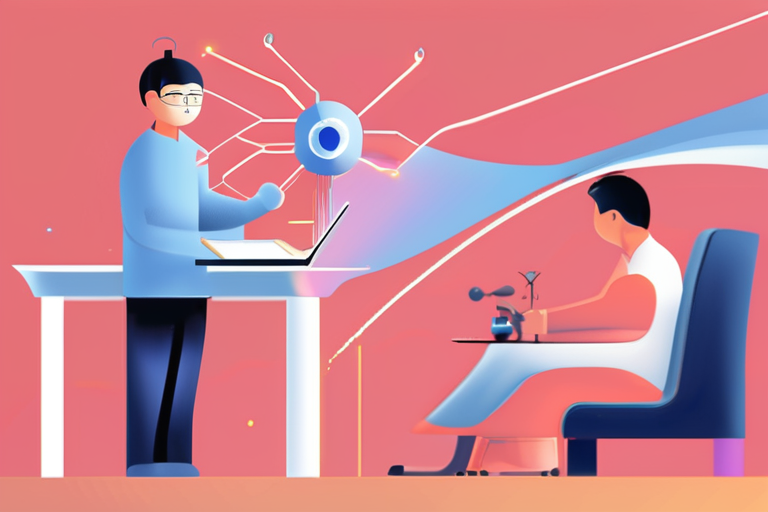



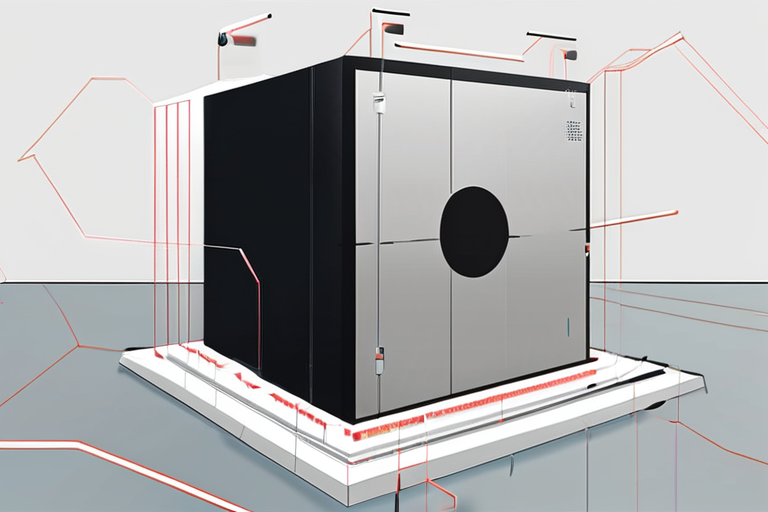


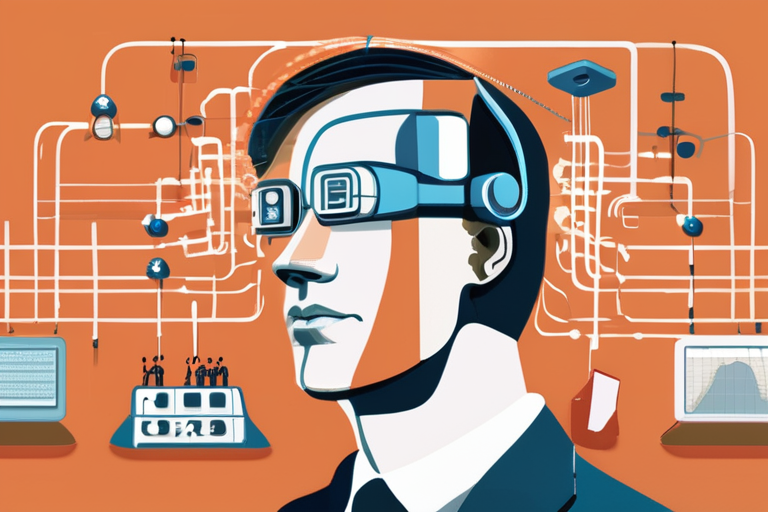
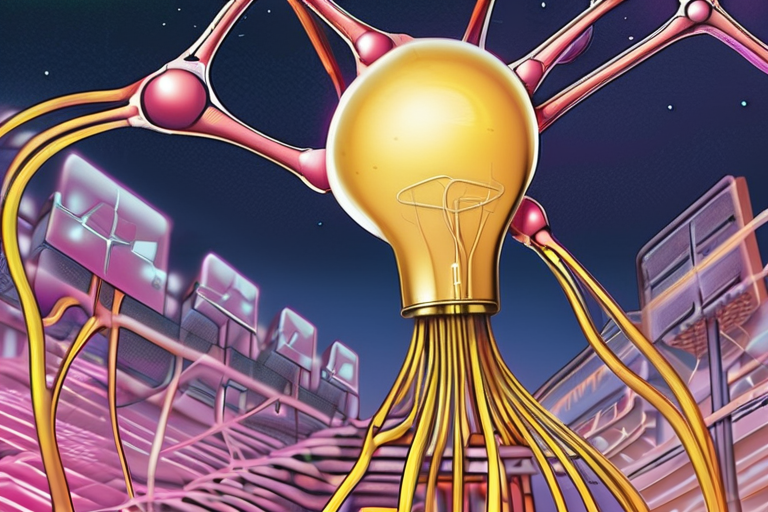
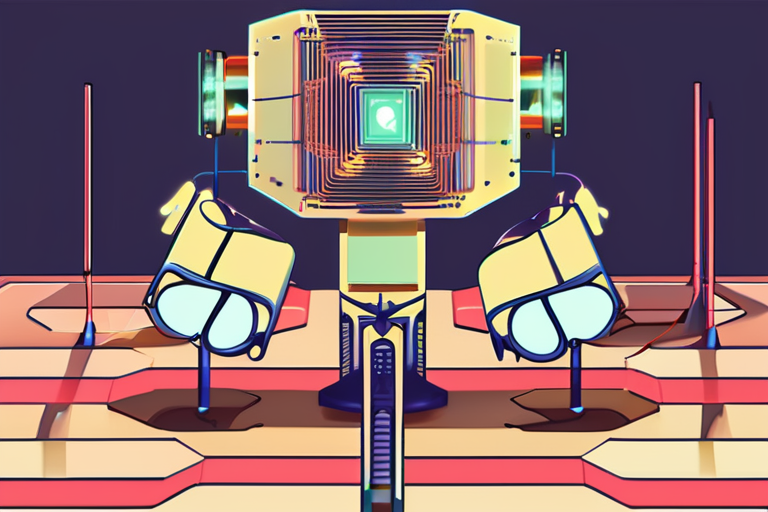


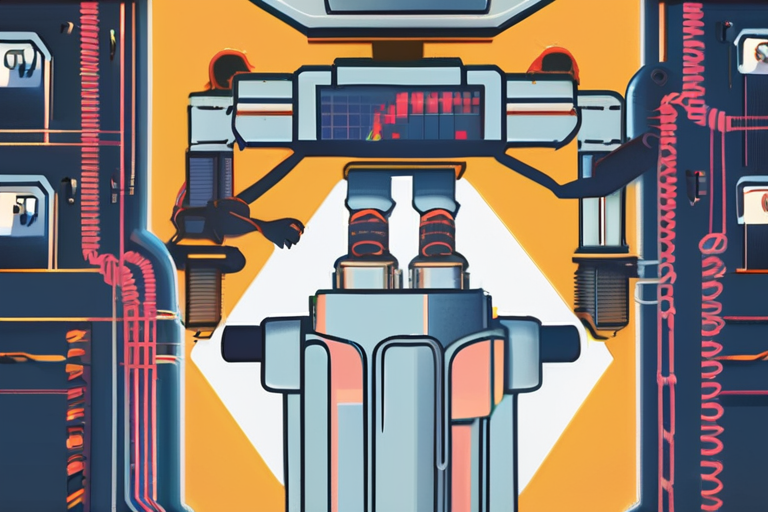


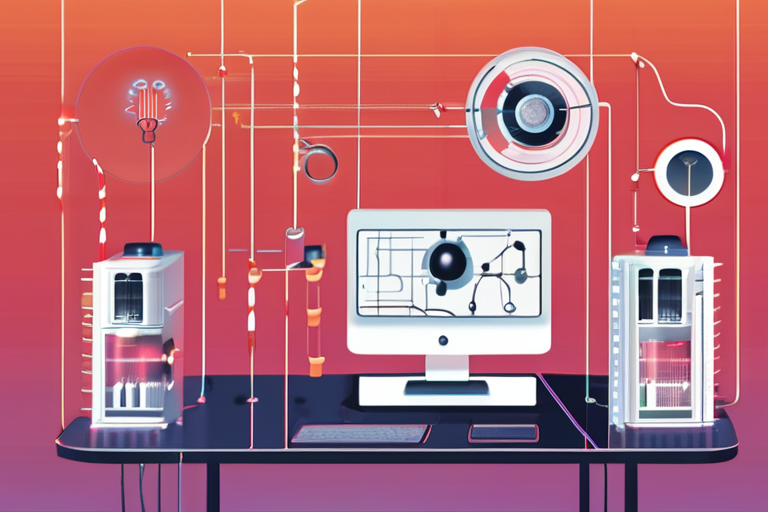

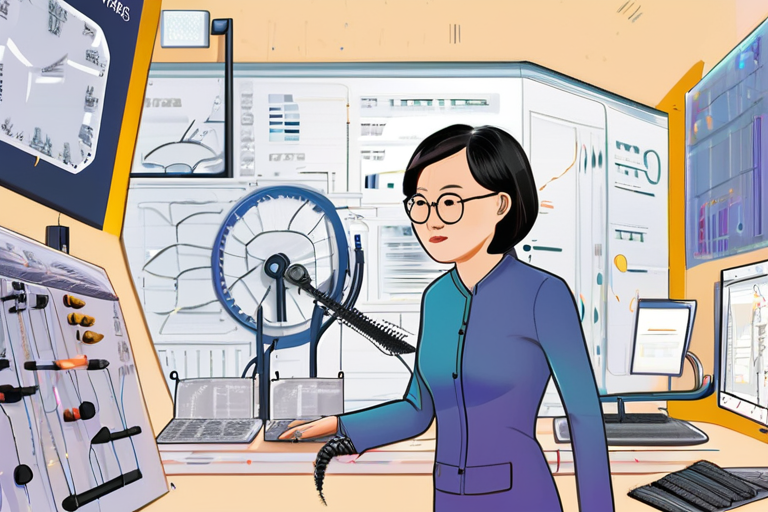
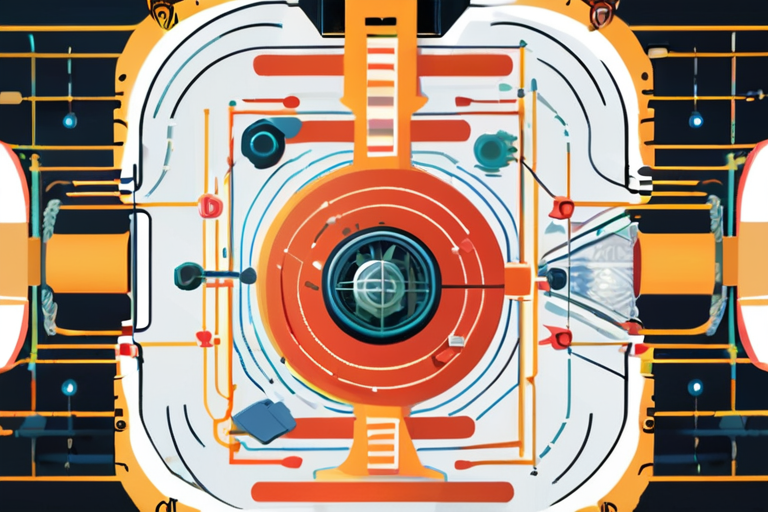
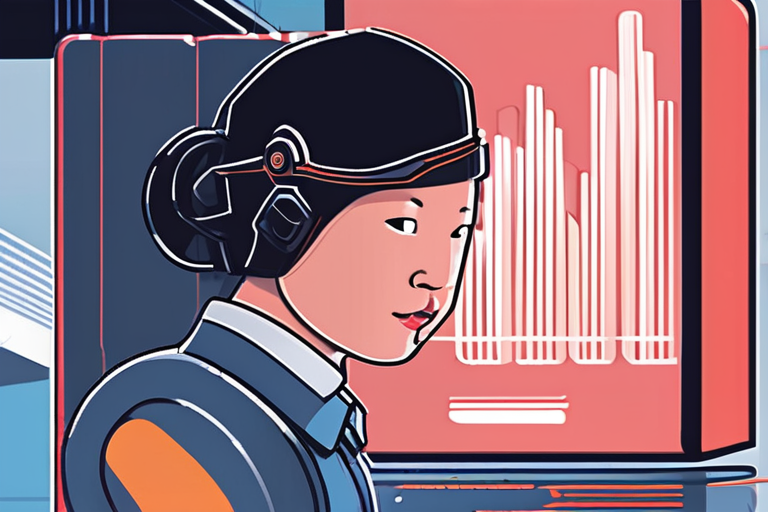


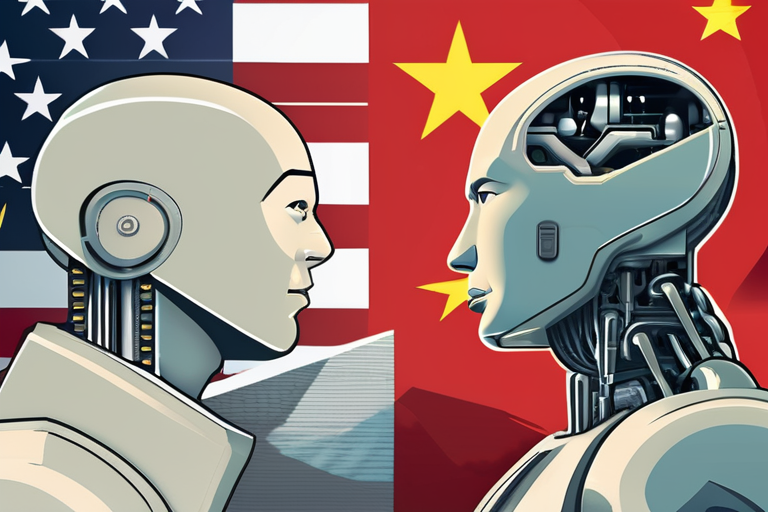
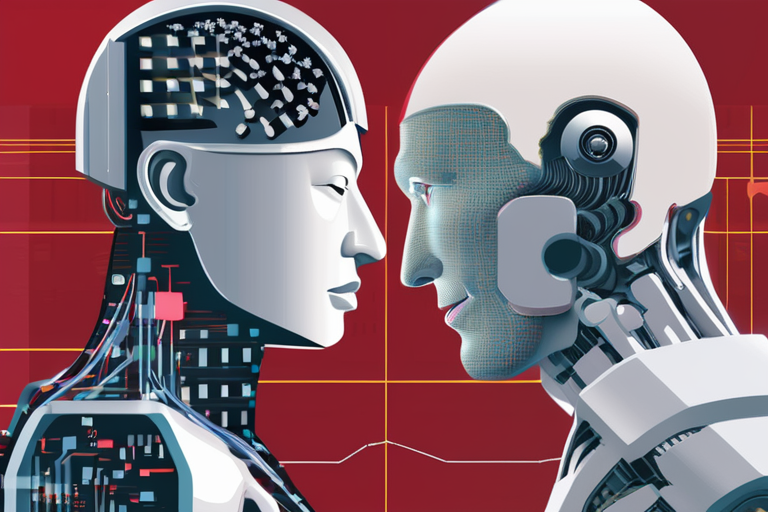

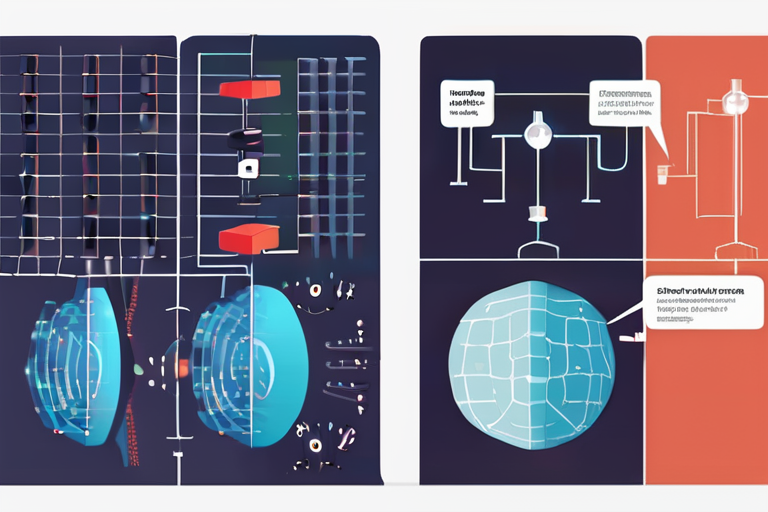
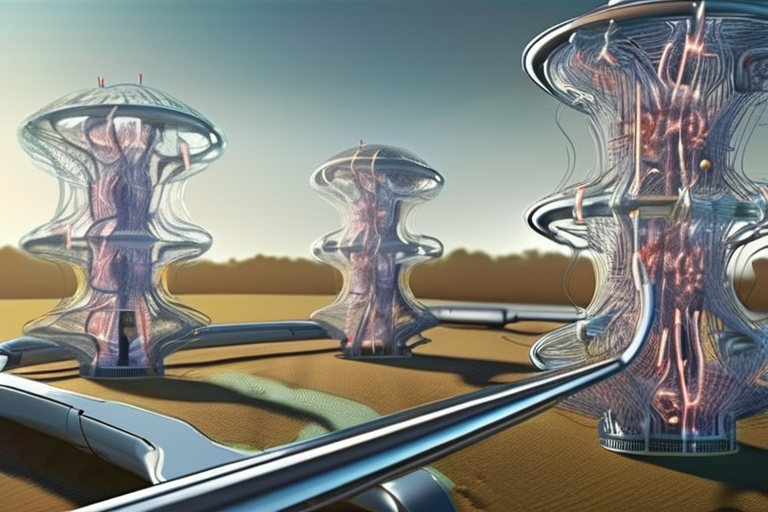
Share & Engage Share
Share this article